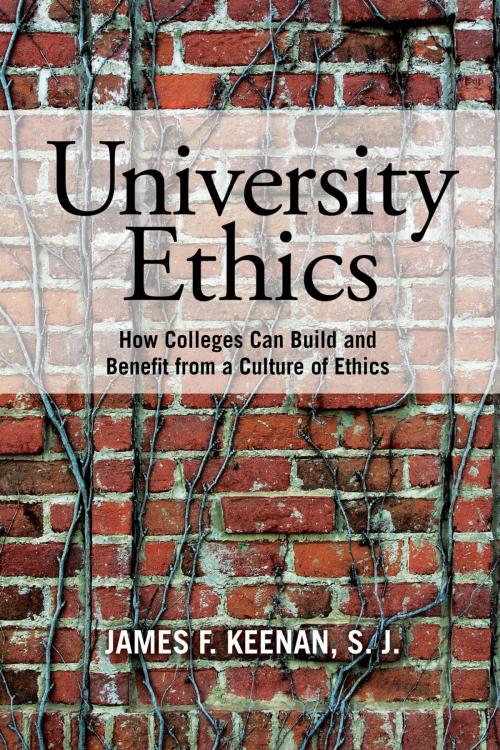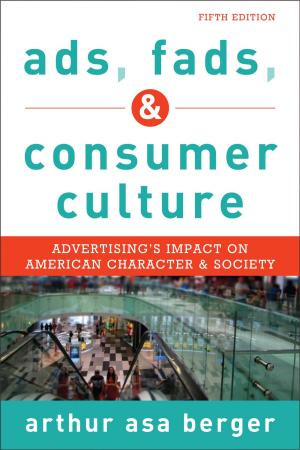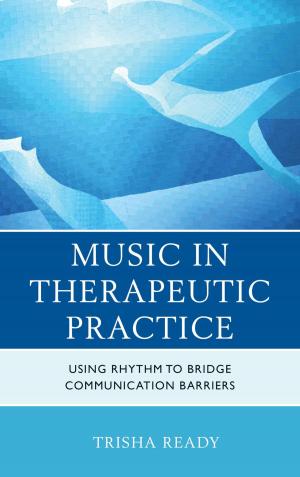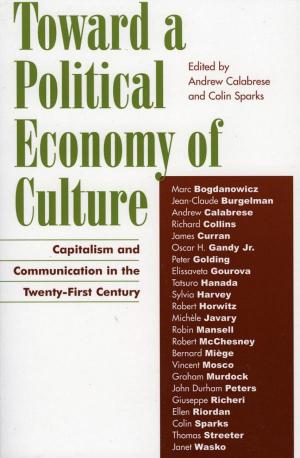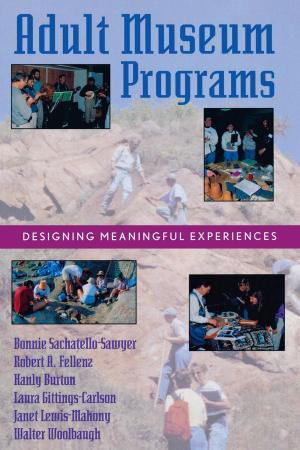University Ethics
How Colleges Can Build and Benefit from a Culture of Ethics
Nonfiction, Reference & Language, Education & Teaching, Educational Theory, Educational Reform, Higher Education, Religion & Spirituality, Philosophy, Ethics & Moral Philosophy| Author: | James F. Keenan, S.J. | ISBN: | 9781442223738 |
| Publisher: | Rowman & Littlefield Publishers | Publication: | May 14, 2015 |
| Imprint: | Rowman & Littlefield Publishers | Language: | English |
| Author: | James F. Keenan, S.J. |
| ISBN: | 9781442223738 |
| Publisher: | Rowman & Littlefield Publishers |
| Publication: | May 14, 2015 |
| Imprint: | Rowman & Littlefield Publishers |
| Language: | English |
Stories about ethical issues at universities make headlines every day. From sexual violence to racial conflict, from the treatment of adjuncts to cheating, students, professors, and administrators face countless ethical trials. And yet, very few resources exist to assist universities in developing an ethical culture. University Ethics addresses this challenge. Each chapter studies a facet of university life—including athletics, gender, faculty accountability, and more—highlights the ethical hotspots, explains why they occur, and proposes best practices.
Professional ethics are a key component of training for numerous other fields, such as business management, medicine, law, and journalism, but there is no prescribed course of study for the academy. Professors and administrators are not trained in standards for evaluating papers, colleagues, boundaries, or contracts. University Ethics not only examines the ethical problems that colleges face one by one but proposes creating an integrated culture of ethics university-wide that fosters the institution’s mission and community. In an environment plagued by university scandals, University Ethics is essential reading for anyone connected to higher education today.
Stories about ethical issues at universities make headlines every day. From sexual violence to racial conflict, from the treatment of adjuncts to cheating, students, professors, and administrators face countless ethical trials. And yet, very few resources exist to assist universities in developing an ethical culture. University Ethics addresses this challenge. Each chapter studies a facet of university life—including athletics, gender, faculty accountability, and more—highlights the ethical hotspots, explains why they occur, and proposes best practices.
Professional ethics are a key component of training for numerous other fields, such as business management, medicine, law, and journalism, but there is no prescribed course of study for the academy. Professors and administrators are not trained in standards for evaluating papers, colleagues, boundaries, or contracts. University Ethics not only examines the ethical problems that colleges face one by one but proposes creating an integrated culture of ethics university-wide that fosters the institution’s mission and community. In an environment plagued by university scandals, University Ethics is essential reading for anyone connected to higher education today.
